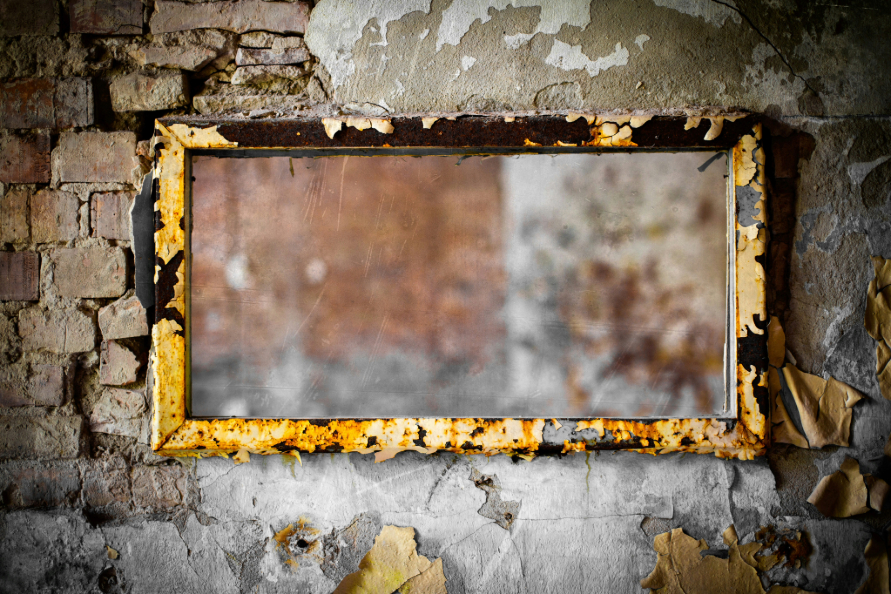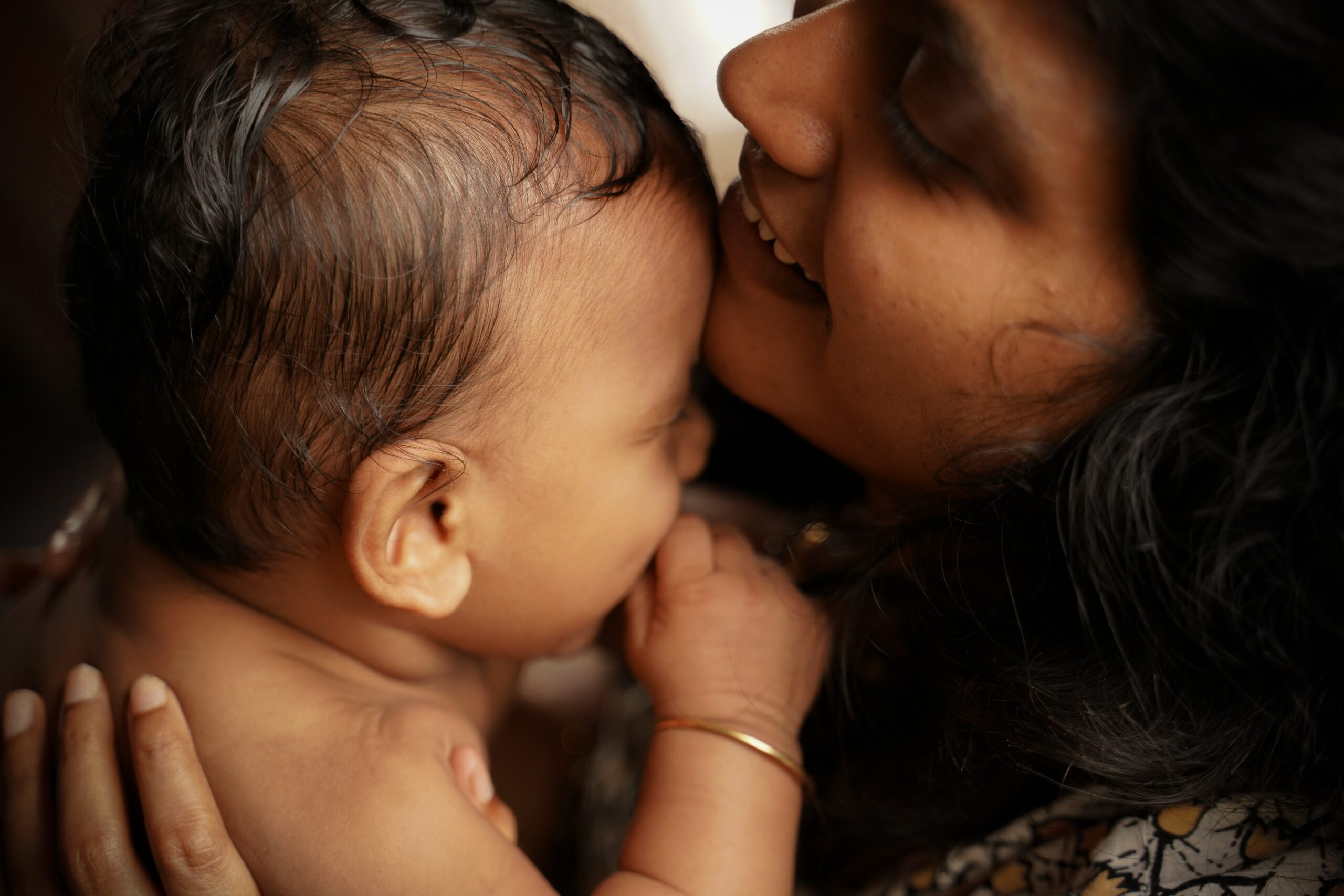In recent weeks there has been an increased awareness of the church’s need to be more skilled and more aware in how we care for marriages and dating relationships where abuse is present. I know that many public figures that have spoken out have been applauded for doing so. And doubtless there are many of us—in the SBC specifically—who feel like the proactive pieces that have been written in recent weeks (to which I contributed one) are groundbreaking.
At the same time, I have begun to hear more and more from many of my sisters in Christ (and some brothers) who have been championing this cause for much longer than a few weeks. Hearing their stories and sensing their passion, I am realizing that we need to be more humble and sober than this. Our awakening to the issue of abuse, even if just to new nuances of the issue, means that we were previously asleep. And as we struggled to learn how to care for the vulnerable well, people were suffering. The church’s clumsiness has often meant that the suffering of others was longer in duration and deeper in impact than it should have been.
Is it better to wake up late than never at all? Absolutely. But I believe we are only beginning to see how profound this “lateness” is, and how damaging its consequences.
So to my sisters:
- who talked to a pastor and received counsel not to report abuse to the authorities
- who were advised to return home without your safety being a first priority
- who were raped or otherwise assaulted, and upon confiding in your church leaders, were doubted or cross-examined more than cared for
- who have had to endure objectification or crude humor in sermons and, therefore, had such speech validated in your Christian community
- who were made to think men’s purity was more a byproduct of your modesty than the responsibility of your brother’s in Christ maturity
- who wondered why these issues were not addressed in a more direct way before recent weeks
I believe you deserve to hear your brothers in Christ, particularly those of us called into pastoral ministry, say:
“We are sorry and we should have heard you before now. We know our deafness has added to your suffering. For many that suffering was direct, as it put you in unsafe or abusive contexts. For others, that suffering was indirect, as we allowed a toxic culture to grow up in our churches, one in which you were not as safe and valued as your should have been. You deserved better.”
It is late. But it needs to be said.
Another group also needs to be addressed.
To all our sisters and brothers who have advocated for these issues long before recent weeks:
“You have labored passionately and faithfully for a good cause. Like the prophet Jeremiah, much of your ministry was a ministry of tears because it was not adequately heeded. Thank you for your perseverance, your patience, and your boldness. Thank you for modeling and advocating for Christ’s compassion towards the oppressed. I know you do not want credit. You want action that lead to the safety and value of women. But credit belongs to you for the faithfulness you showed when there was little fruit. You were the brave pioneers we needed, even when, shamefully, we were tragically slow to listen.”
For all of us who are being sobered by a fresh awareness of how the church needs to grow in these areas, I am praying that we would collectively acknowledge how slow we have been to pay attention to those who tried to get our attention before now. I am praying that we would model what repentance looks like by humbling ourselves before God apologizing to our sisters. And I am praying that we would commit to learning what it looks like to be the faithful ambassadors of Christ that God has called us to be.
The church should be the refuge for the hurting and a safe haven for the oppressed. By God’s grace, he has declared it to be so. It’s time for us to step into the reality that God has promised for his church.


